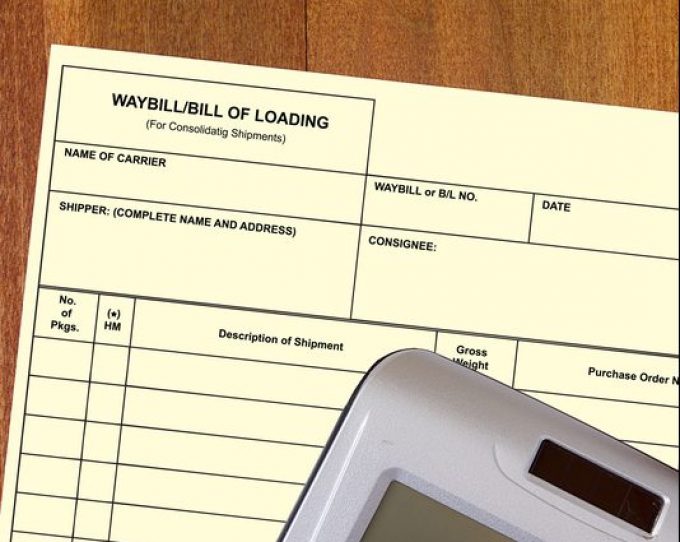Uber Freight launches spot market tool as it aims to be a one-stop shop
Uber Freight has taken another step to expand the functionality of its Exchange procurement platform ...

The Digital Container Shipping Association (DCSA) today published its first data and process standards for the submission of shipping instructions and issuance of bills of lading (B/Ls).
The development is one of the first steps for the widespread adoption of electronic B/Ls in the box shipping ...

Comment on this article